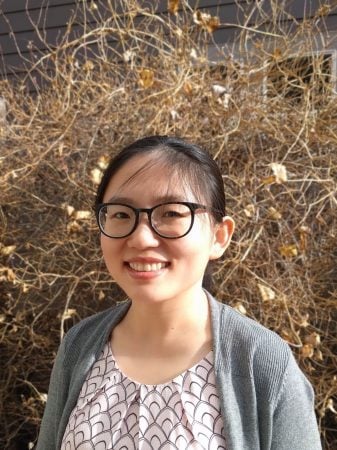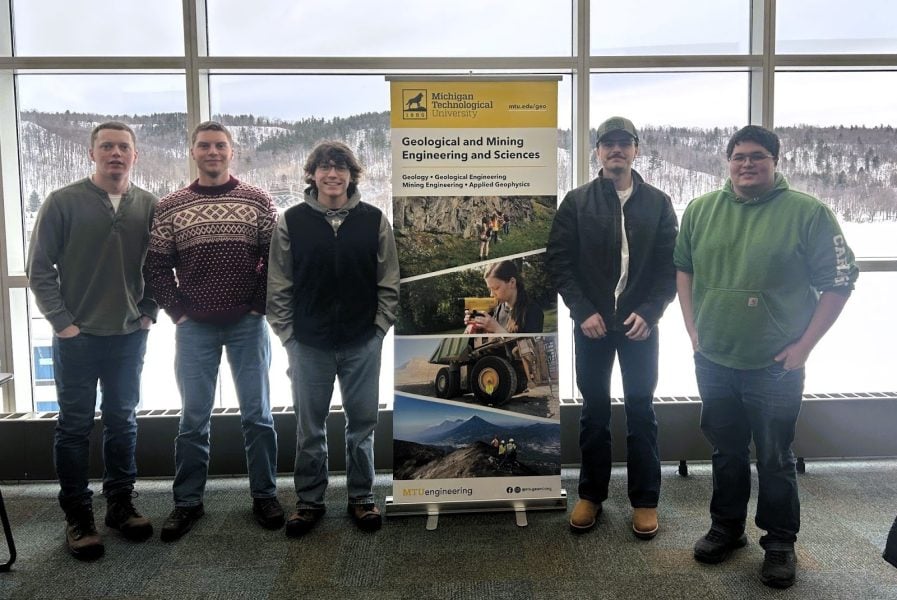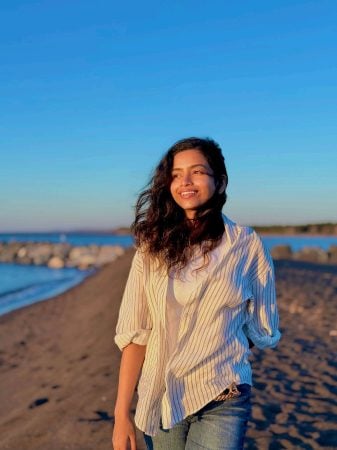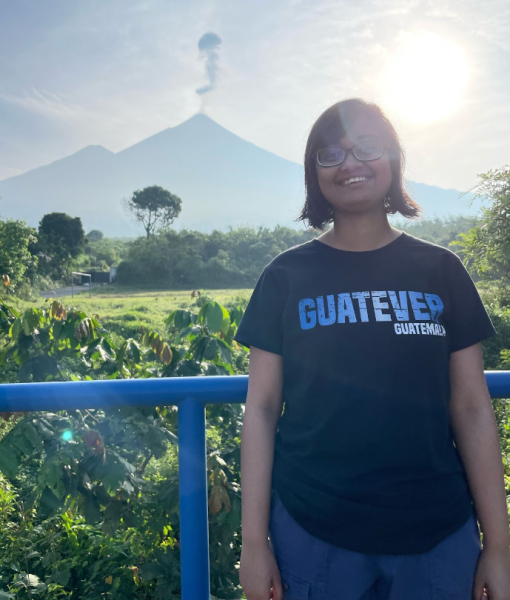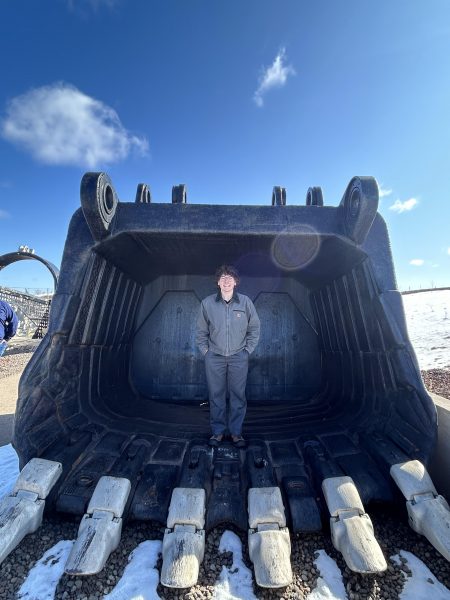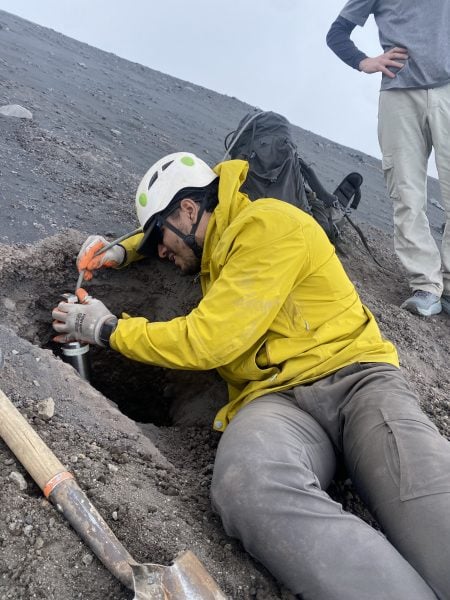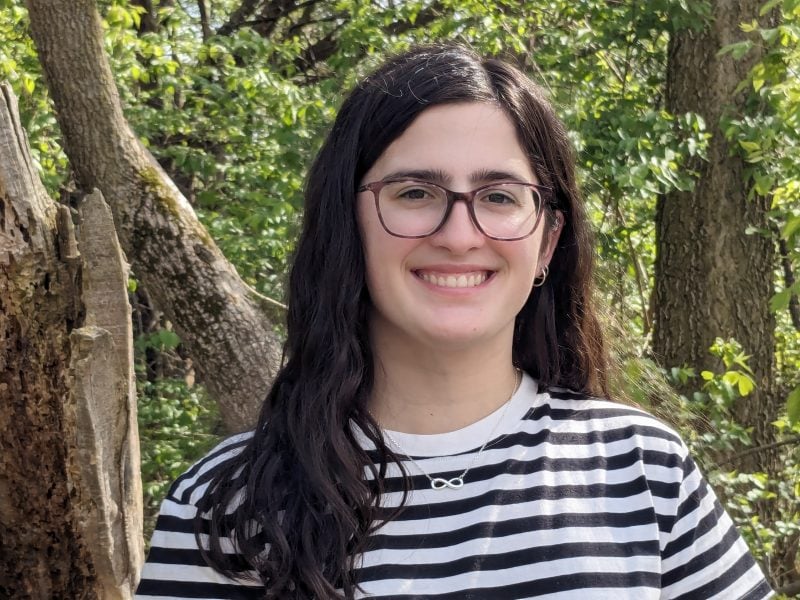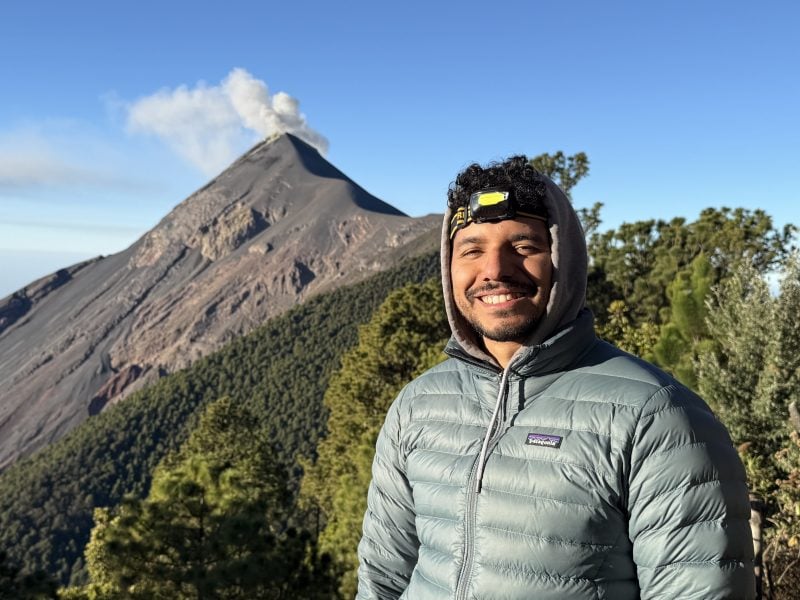The Department of Geological and Mining Engineering and Sciences (GMES) is proud to recognize Dr. Yanrui “Daisy” Ning, who was selected as a Fall 2025 Research Excellence Fund (REF) Seed Grant recipient by Michigan Tech’s Vice President for Research Office. Daisy joined the GMES faculty in Fall 2025 as an Assistant Professor and has quickly begun building a strong research program focused on advancing digital sensing and modeling approaches for subsurface engineering and mining applications.
Dr. Ning’s project “Fiber-Optic Signatures of Stress and Seepage in Underground Critical-Mineral Mines” supports the development of new approaches for improving monitoring and safety in underground critical-mineral mines. By combining advanced modeling techniques with fiber-optic sensing technologies, her work aims to improve how deformation and water-related hazards are detected and interpreted in underground environments.
The REF Seed Grant will help Dr. Ning establish a strong foundation for future externally funded research and expand GMES research capacity in areas such as digital mining, sustainable subsurface engineering, and resilient infrastructure. The project will also provide training opportunities for undergraduate and graduate students, helping prepare the next generation of engineers and scientists.
The GMES community congratulates Daisy Ning on this achievement and looks forward to her continued success at Michigan Tech. Dr. Ning’s work aligns closely with Michigan Tech’s Tech Forward 2.0 priorities, including sustainability, resilient infrastructure, and responsible development of critical mineral resources. It also reflects GMES’s continued commitment to integrating advanced computational tools and sensing technologies into mining and geoscience education and research.
The GMES community congratulates Daisy Ning on this well-earned recognition and looks forward to the impact of her work as she continues to grow her research program at Michigan Tech.
